Optimal Timing for Waterproofing Services
Waterproofing is a crucial process to prevent water intrusion and protect structures from damage. Proper timing ensures optimal adhesion and durability of waterproofing materials, extending the lifespan of the protected surfaces.
Spring offers moderate temperatures and less precipitation, making it ideal for waterproofing projects. It allows sufficient curing time before summer heat or winter cold.
Summer provides warm, dry conditions that facilitate effective application and curing of waterproofing materials, especially for large or exposed surfaces.
Fall's mild weather and lower humidity levels make it suitable for waterproofing, provided temperatures remain above freezing for proper curing.
Cold temperatures and freezing conditions hinder waterproofing application and curing, risking compromised protection and material failure.

Ways to make Waterproofings work in tight or awkward layouts.
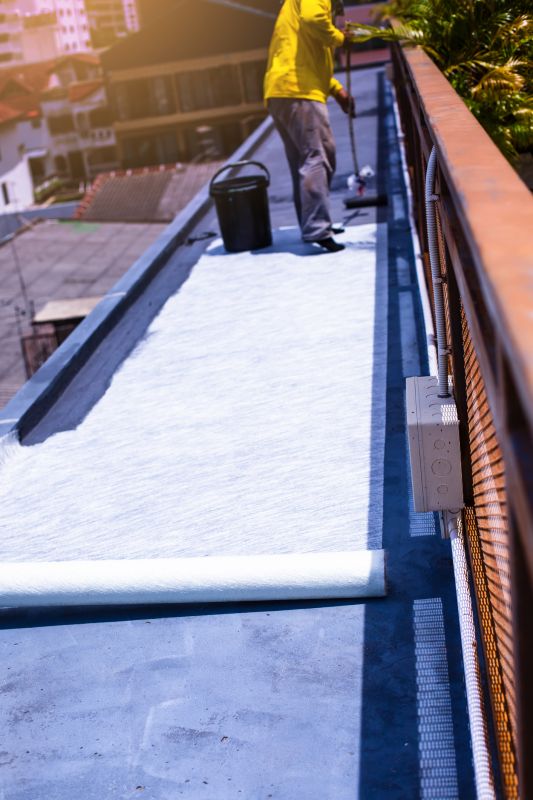
Popular materials for Waterproofings and why they hold up over time.

Simple add-ons that improve Waterproofings without blowing the budget.

High-end options that actually feel worth it for Waterproofings.
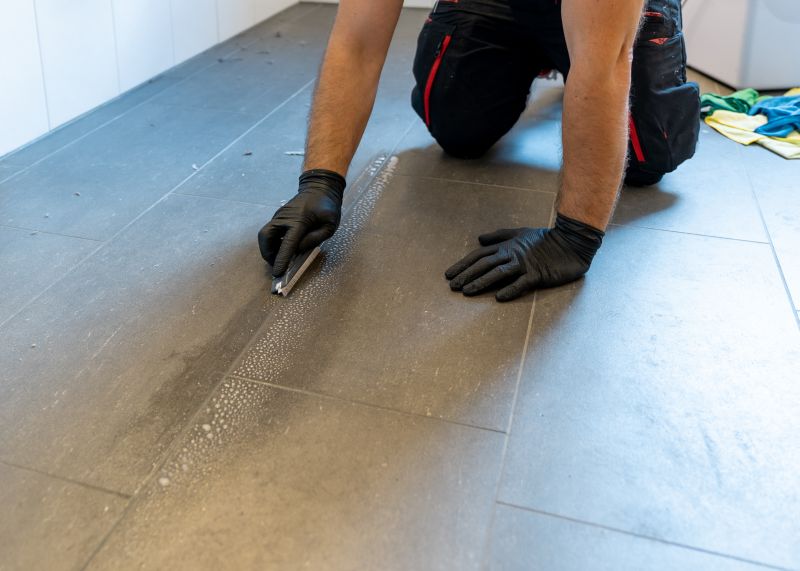
Finishes and colors that play nicely with Waterproofings.
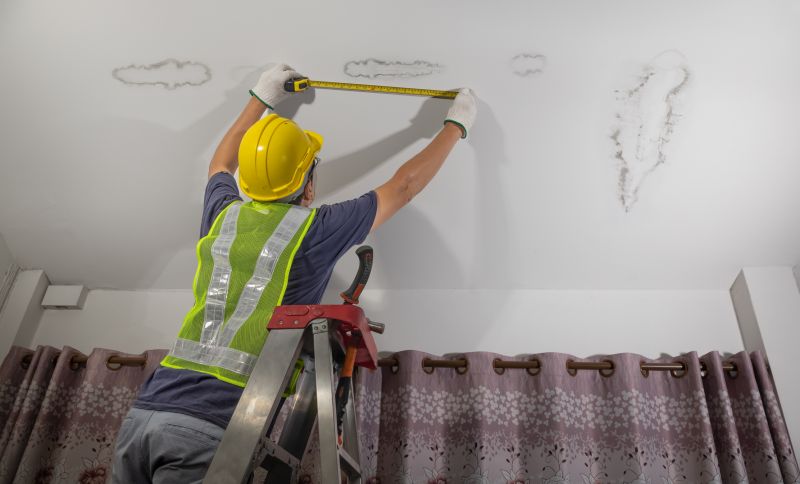
Little measurements that prevent headaches on Waterproofings day.
Waterproofings involve applying specialized materials to surfaces to prevent water penetration. These systems are essential for basements, roofs, decks, and foundations, providing a barrier against moisture ingress. Properly timed waterproofing can significantly reduce repair costs and structural deterioration over time.
Statistics indicate that waterproofing can extend the lifespan of building components by decades. For example, waterproofed foundations are less susceptible to cracking and water damage, which can account for up to 70% of structural issues in unprotected buildings.

A 60-second routine that keeps Waterproofings looking new.
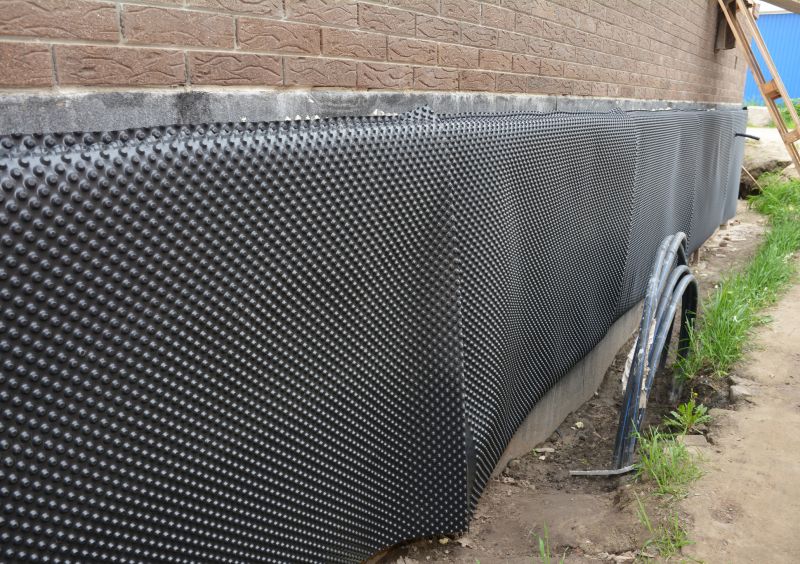
A frequent mistake in Waterproofings and how to dodge it.
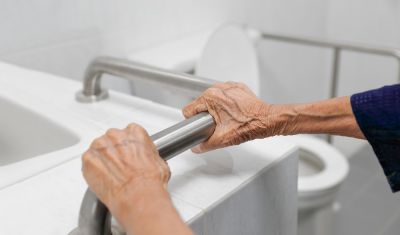
Small tweaks to make Waterproofings safer and easier to use.
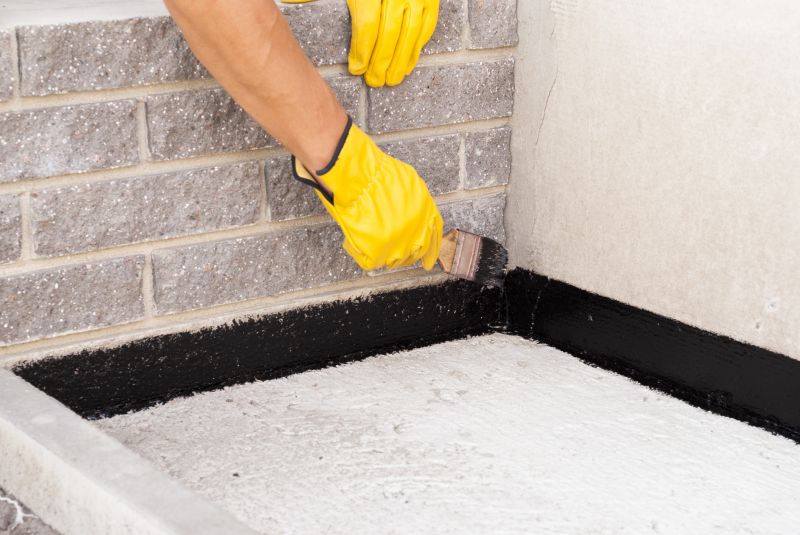
Lower-waste or water-saving choices for Waterproofings.
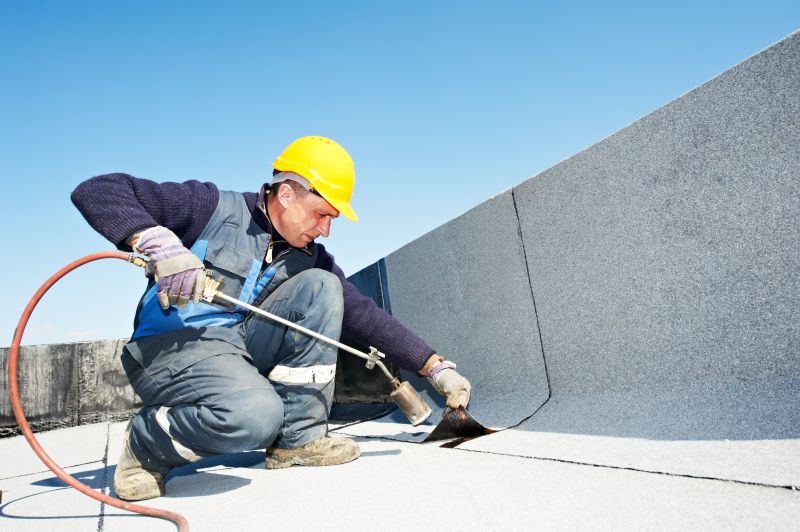
The short, realistic tool list for quality Waterproofings.
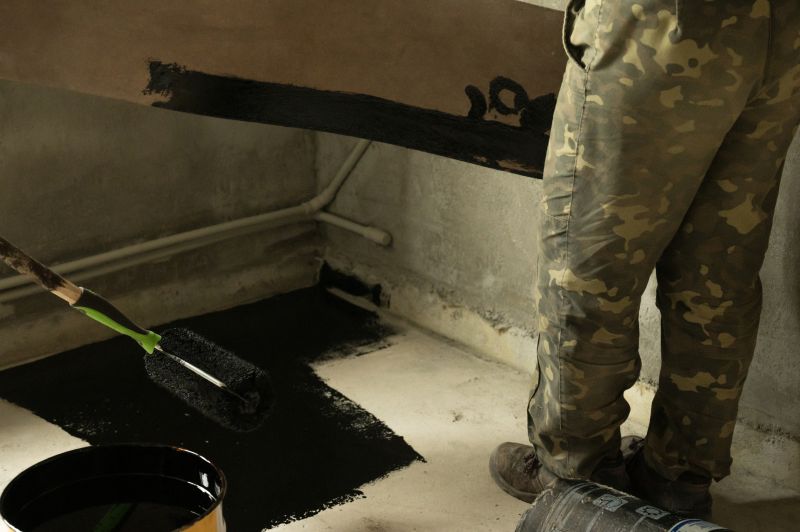
Rough timing from prep to clean-up for Waterproofings.
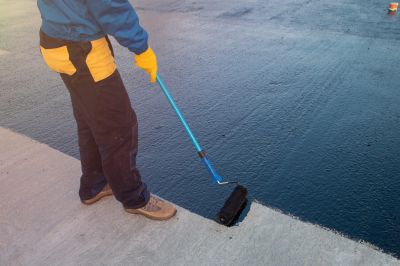
Quick checks and paperwork to keep after Waterproofings.
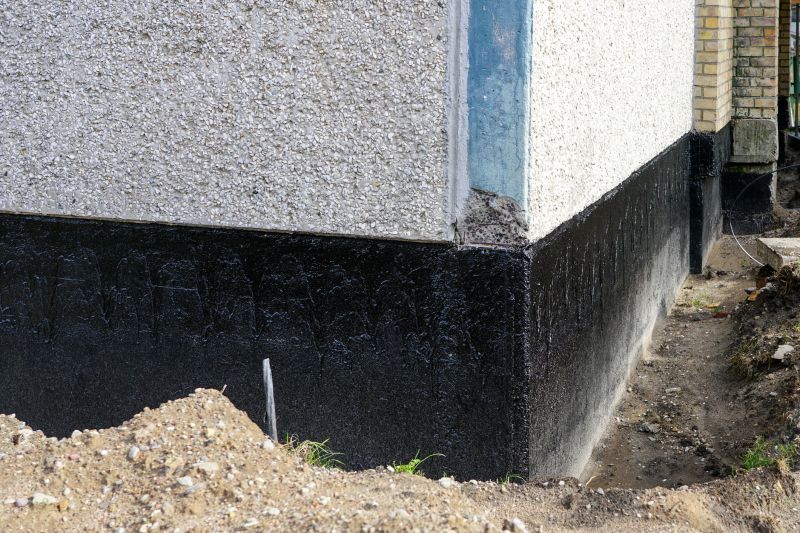
Examples that show the impact a good Waterproofings can make.
| Season | Optimal Conditions |
|---|---|
| Spring | Moderate temperatures, low humidity |
| Summer | Warm, dry weather |
| Fall | Mild temperatures, low humidity |
| Winter | Cold, freezing temperatures (not recommended) |
Selecting the right season for waterproofing depends on local climate conditions. Proper application during suitable weather ensures the best adhesion and curing, resulting in longer-lasting protection. Consulting with waterproofing professionals can help determine the most appropriate timing based on specific project requirements.



